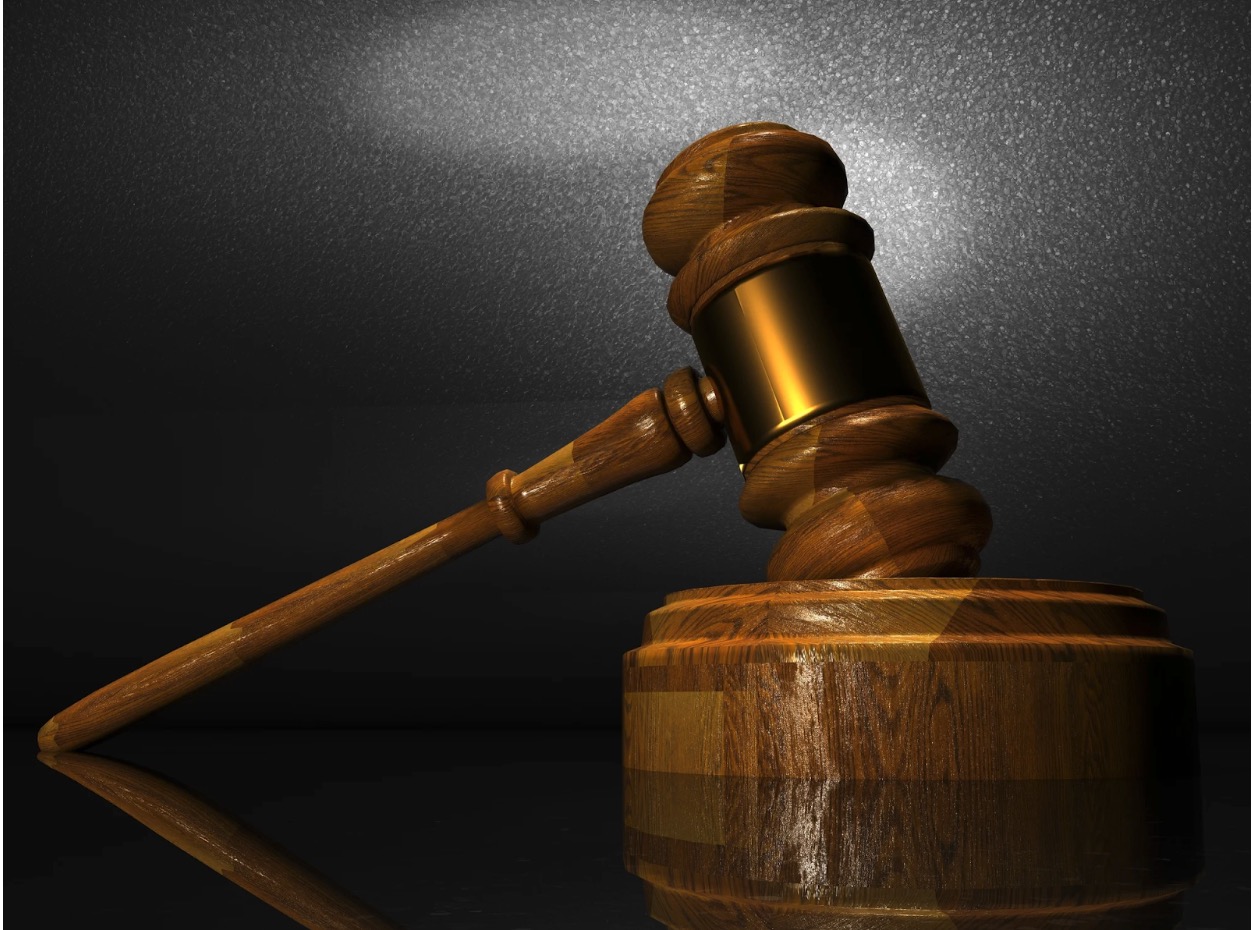Comments
LIABILITY - In the bustling world of freight transport, trucking accidents can prove catastrophic, affecting drivers and other road users. Victims often find themselves grappling with physical injuries, emotional distress, and financial burdens. Understanding how to hold a trucking company accountable is crucial to securing justice and compensation. It involves navigating a tangled web of regulations, corporate liability, and insurance challenges. This guide will outline essential steps to ensure accountability from trucking companies if you're involved in such an unfortunate incident.
Consult with Legal Professionals
Engaging a legal professional who specializes in trucking accidents is one of the most crucial steps a victim can take. A Distracted Driving Truck Accident Lawyer can provide expertise to navigate through intricate legal standards and ensure that your rights are protected. These professionals understand the complexities unique to trucking regulations and can effectively apply this knowledge to your case.
When selecting a lawyer, look for someone with proven experience in handling trucking accident cases. They should be capable of evaluating evidence, negotiating with insurance companies, and representing you in court if necessary. A skilled lawyer increases the chances of a successful outcome and ensures that all legal avenues are pursued to hold the trucking company liable.
Establish Negligence
Negligence forms the cornerstone of many personal injury claims, including those involving trucking accidents. To establish negligence, it must be shown that the trucking company or its driver failed to meet a reasonable standard of care, leading to the accident. This often involves scrutinizing the actions of the driver and the company’s policies and regulations.
For instance, if a driver was fatigued due to violations of federal hours-of-service regulations, the trucking company may bear responsibility. Demonstrating that the company encouraged or allowed these violations is critical, as it can prove that the company was negligent in enforcing compliance with safety regulations. Experienced legal assistance can substantially bolster the case of the victim when navigating the complexities of negligence.
Investigating the Trucking Company's Practices
The internal practices of a trucking company can significantly influence liability. Companies must maintain safe operating practices, conduct thorough background checks on drivers, implement regular training sessions, and adhere to inspection and maintenance schedules. Any lapse in these areas could contribute to accidents, opening the door for liability claims.
Legal professionals who understand trucking regulations often best document and investigate these practices. Gathering evidence related to maintenance logs, training protocols, and employee evaluations can reveal whether the company failed in its operational responsibilities. If such shortcomings are uncovered, they strengthen the victim’s case against the company, providing a clearer path to liability.
Examining the Truck Driver’s History
A critical component of determining liability involves assessing the truck driver's background. Their driving record, history of violations, and any previous accidents can offer insight into their reliability and how the trucking company may have failed in their hiring practices. A trucking firm that hires drivers with lengthy histories of irresponsible driving or substance abuse may be held liable for the consequences that ensue.
Investigating a driver’s past can reveal crucial information that may sway the case in favor of the victim. Legal representation can help unearth the driver’s history through public records and industry databases, establishing whether the employer knew—or should have known—about the driver’s unfitness for the job. This fact can lend considerable weight to asserting the trucking company’s liability in the accident.
Considering Third-Party Involvement
Involvement from third parties can complicate liability claims in trucking accidents. Sometimes, other drivers or vehicle manufacturers may share faults. By examining the accident's circumstances, lawyers can identify contributing factors that may involve more than just the driver and the trucking company. For instance, if a manufacturing defect on the truck was a factor, the manufacturer could also be liable.
This necessitates thorough investigations to gather evidence and explore the accident from multiple angles. An attorney can facilitate this process by consulting experts and accident recreation specialists to piece together the details of the accident. A complete picture of liability is essential for pursuing adequate compensation for victims.
Utilizing Expert Testimonies
Expert testimonies often play a pivotal role in substantiating claims in trucking accident litigation. Specialists, such as accident reconstructionists, safety compliance experts, and trucking professionals, can provide valuable insights into industry standards and practices. Their knowledge can help clarify fault and causation—two critical elements in liability cases.
Incorporating expert testimonies helps validate the victim’s claims and ensure that the jury or judge understands the numerous factors in the accident. An experienced personal injury attorney knows which experts to consult and how to present their findings convincingly. This strategic approach can significantly enhance the case's credibility and increase the likelihood of a favorable outcome.

The aftermath of a trucking accident can be overwhelming, with numerous challenges to navigate. By understanding the steps in holding a trucking company accountable, victims can better prepare themselves for the legal journey. The process requires diligence, thorough evidence-gathering, and expert legal support to pursue justice effectively.
###














